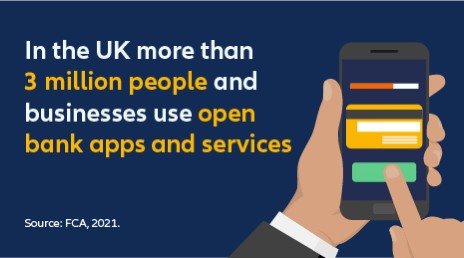What is data science?
It is a term that intimidates people a bit but it’s really just about taking a rigorous scientific approach to understanding data and using it to make predictions. To a lesser extent, it’s something that’s been happening for years within the insurance sector under the term data analysis. However, thanks to increases in both computing power and the volume of data that’s available, it’s possible to take this analysis further.
By interrogating larger volumes of data, from a broader number of sources, it’s possible to gain deeper insights into what’s happening and make much more accurate predictions. For insurers focusing on risk, this is really exciting: it has the potential to transform insurance.
What's involved?
How is data science used within Allianz?
Allianz is exploring the application of data science across every area of the business. There are some obvious ways it can be used, for instance fraud detection is heavily dependent on data. Being able to analyse this data will help us identify fraud more quickly and efficiently.
Underwriting also lends itself to data science, enabling us to have a deeper understanding of the risk a customer presents and price cover accordingly.
We’ve also used data science within our corporate social responsibility (CSR) work. This year, Allianz’s data team decided to offer their data science resources to Back Up, a charity that supports people with spinal cord injuries. Working alongside the charity, we developed a machine learning algorithm to help them predict when someone might stop donating. This enables them to target resources more effectively, calling these individuals and encouraging them to keep supporting them.
Many charities don’t have resources for this type of activity, so it made a massive difference to them. Being able to validate our skills in this way also helped us – certainly a lot more than our usual fence painting or path mending activity, for which very few of us have any real talent!
Is data science changing the way Allianz operates?
Definitely. As more and more data has become available, the business has become increasingly data-centric. There is so much that can be done, and done better, with data.
As a result, everyone within the business needs to have a data focus and have training to understand the value of data. It’s no longer possible for anyone to say they’re not part of a data function.
It's also essential that the business has robust governance around data use. Adhering to the requirements of the General Data Protection Regulation is a must.
Data is a huge differentiator, especially in the insurance market. If an insurer can master data, it will be very successful.
Are there any challenges associated with data science?
Yes, there are some ethical issues to consider. As data science often involves the application of artificial intelligence, it’s important that any models and algorithms are ethical, fair and any bias is kept to an absolute minimum. Understanding how to do this requires expertise, which brings us on to the second challenge – recruitment. The application of data science isn’t limited to the insurance sector: every business needs data scientists so competition for talent is fierce.
You can retrain people to take on these roles but it does require a particular aptitude: not everyone gets data. With this battle for talent, insurers will need to build a compelling argument to attract and retain the right staff.



































